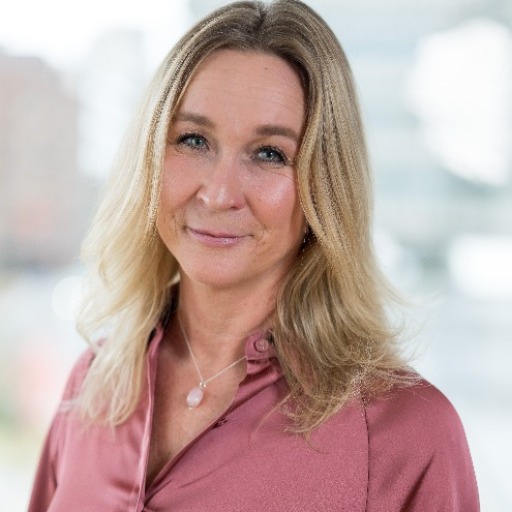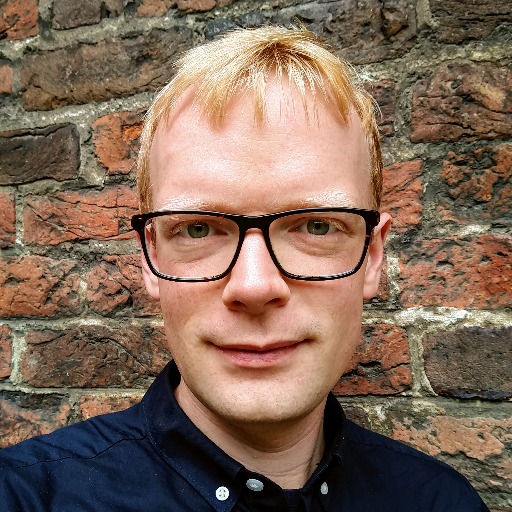We use cookies on this website. Cookies help us deliver the best experience on our website. Read about cookies.
-
- Education
- Education
- Programmes and courses
- Applications and admissions
- Tuition fees
- Scholarships
- Exchange studies at Malmö University
- Study Guidance
-
- After admission
- After admission
- Moving to Malmö
- Pre-orientation
- Arrival guide
-
- About studies at Malmö University
- About studies at Malmö University
- Why choose Malmö University
- Understanding university studies
- Connect with our students
On the page -
- Research
- Research
-
- Doctoral studies
- Doctoral studies
- Doctoral courses
-
- Doctoral schools
- Doctoral schools
- Adaptation of urban space through sustainable regeneration
- ComBine
- Culturally Empowering Education through Language and Literature
- Education, Learning and Globalisation
- Finding ways in a time of great future challenges (FinnFram)
- Swedish National Graduate School in Science and Technology Education Research
- Learning in Multicultural Societal Contexts
- Pedagogy and Vocational Skills
- Relevancing Mathematics and Science Education (RelMaS)
- Sustainable Movement Education
- The National Research School for Professionals in Social Services
- Research subjects
-
- Research centres
- Research centres
- Biofilms Research Centre for Biointerfaces
- Citizen Health
- Imagining and Co-Creating Futures
- Institute for Urban Research
- Malmö Institute for Migration Studies
- Literacy and Inclusive Teaching
- Centre for Work Life Studies
- Sustainable Digitalisation Research Centre
- Centre for Sexology and Sexuality Studies
-
- Research publications
- Research publications
- Search for research publications in Diva
- Malmö University Press
- Research events
- Participate in a research study
- Coffee Break Quiz
On the page -
- Collaboration and Innovation
- Collaboration and Innovation
-
- Levels of collaboration
- Levels of collaboration
-
- Local collaboration
- Local collaboration
- Muvah
- Regional collaboration
- National collaboration
- International collaboration
- Innovation
- Collaboration with students
-
- Collaborate with researchers
- Collaborate with researchers
- Labs and facilities
- Culture collaboration
- Support Malmö University
- Alumni & Friends
On the page -
- About us
- About us
-
- Faculties and departments
- Faculties and departments
-
- Faculty of Culture and Society
- Faculty of Culture and Society
- Department of Global Political Studies
- School of Arts and Communication
- Department of Urban Studies
-
- Faculty of Education and Society
- Faculty of Education and Society
- Department of Childhood, Education and Society
- Department of Sports Sciences
- Department of Culture, Languages and Media
- Department of Natural Science, Mathematics and Society
- Department of Society, Culture and Identity
- Department of School Development and Leadership
- The Centre for Teaching and Learning (CAKL)
-
- Faculty of Technology and Society
- Faculty of Technology and Society
- Department of Computer Science and Media Technology
- Department of Materials Science and Applied Mathematics
- Faculty of Odontology
- University Dental Clinic
-
- Find and contact Malmö University
- Find and contact Malmö University
- Visit Malmö University
-
- News and press
- News and press
- Graphic manual
- Map of the buildings (Google Maps)
- Merchandise
- Supplier information and invoice management
- Whistleblowing
- We will help you with your questions
- Management and decision-making paths
-
- Malmö University's strategy 2030
- Malmö University's strategy 2030
- Sustainability
- Widened recruitment and participation
- Quality assurance work at the University
-
- Malmö Academic Choir and Orchestra
- Malmö Academic Choir and Orchestra
- Student work – video pieces
-
- Annual Academic Celebration
- Annual Academic Celebration
- Academic traditions
- Meet our new professors
- Meet our new doctors
- Honorary doctors
-
- The University in a troubled world
- The University in a troubled world
- Campus total defence
On the page
Doctoral studies
If you would like to continue your studies beyond your master’s degree, it is possible to progress to doctoral studies. A doctoral programme corresponds to four years of full-time study (240 HE credits) and ends with a doctoral degree. After two years of study (120 HE credits), a licentiate degree can be awarded.
How to become a doctoral student
To be admitted to doctoral studies, you must first apply for and be granted a vacant employed doctoral position at the university. All international doctoral positions will be posted in English.
A majority of doctoral students in Sweden are employed by their universities. This means that you get a salary as well as paid vacation leave and the right to paid parental leave when you become a doctoral student.
There are no admission- or tuition fees if you are admitted as a doctoral student through Malmö University. Alternative financing (if you are not employed) for doctoral studies will only be accepted in special circumstances.
More information on admission to doctoral studies in Sweden can be found in the PhD Handbook.
Admission regulations
Information about entry requirements and how to write your application is provided in the advertisement for the vacant position.
The admission regulations are detailed in the document below.
General entry requirements for all doctoral education
Higher Education Ordinance, Chapter 7, Section 39
A potential candidate meets the general entry requirements for third-cycle courses and study programmes if they:
- have been awarded a second-cycle qualification
- have satisfied the requirements for courses comprising at least 240 credits of which at least 60 credits were awarded in the second-cycle, or:
- have acquired substantially equivalent knowledge in some other way in Sweden or elsewhere.
The higher education institution may permit an exemption from the general entry requirements for an individual applicant, if there are special grounds.

Important step for research in applied physics
The three doctoral students Mattias Tidefelt, Shilpa Bijavara Seshashayana and Grzegorz Sadowski were the first to obtain their licentiate degrees in applied physics, which became a doctoral subject at Malmö University in 2021.
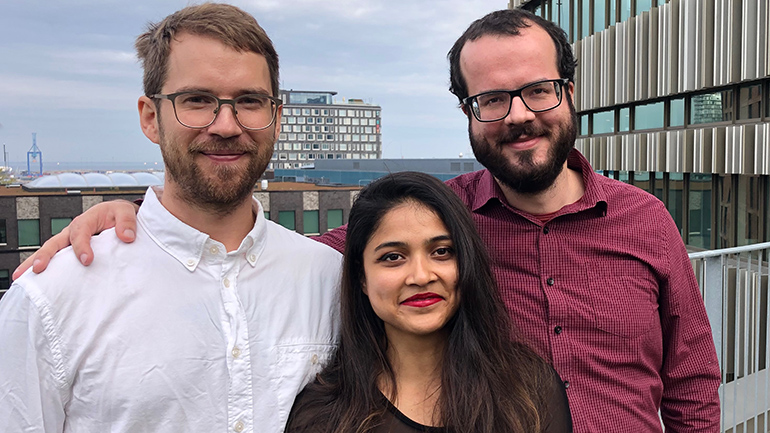
Important step for research in applied physics
The three doctoral students Mattias Tidefelt, Shilpa Bijavara Seshashayana and Grzegorz Sadowski were the first to obtain their licentiate degrees in applied physics, which became a doctoral subject at Malmö University in 2021.
“My research focuses on the development of glass alloys, which are obtained via rapid cooling of a metallic melt to a metastable solid. These materials exhibit impressive material properties which can be further refined by controlled distributions of nano-sized crystalline precipitates,” says Tidefelt.
Bijavara Seshashayana looked at the “fingerprints” of stars to understand how galaxies, including our own, change over time.
“By analysing the light from stars, I can work out what elements they contain. This helps us to see how stars create and spread elements like carbon and oxygen across space. Over billions of years, these elements shape the galaxy. My work reveals the story of how galaxies grow and evolve,” she says.
A better understanding and improving the properties of ‘Mg3Bi2-based thin films’ is the aim of Grzegorz’s research. “Thermoelectric materials can be used to process part of the wasted heat into electricity. When applied in form of thin coatings, they can be useful in self-powered microdevices and localised cooling.”
Tidefelt started his studies at Malmö University with a technical foundation year nine years ago: “I wanted to see if the natural sciences were for me. I'm driven to develop, and in terms of knowledge, the possibilities here are endless. Combined with a fascination for advanced technology, this is an interesting way to spend my time,” he says.
Bijavara Seshashayana became a scientist because she was fascinated by the mysteries of the universe and the idea of discovering something new. “Research is fun because it's like solving a cosmic puzzle – each discovery opens doors to more questions and deeper understanding. It's exciting to find connections and know that my work can help answer big questions about existence.
Sadowski wanted to get a better understanding of materials science, especially when it comes to the production and characterisation of thin films. I like to learn more about things I am interested in, and there is always more to learn when it comes to science.”
More about applied physics at Malmö University
Applied physics brings together research in physics, materials science, and astrophysics and includes calculations, modelling, experiments, and observations. Research at Malmö University takes place in an international environment and ranges from pure basic research to collaboration with companies and involves experiments in both our laboratories and at international facilities.
Responsible för for the doctoral programme in applied physics
Henrik Hartman, Department of Materials Science and Applied Mathematics
Doctoral subjects
Malmö University offers doctoral studies in the following subjects.
- Doctoral subject: Applied Physics
- Doctoral subject: Biomedical Science
- Doctoral subject: Care science
- Doctoral subject: Computer science
- Doctoral subject: Criminology
- Doctoral subject: Global politics
- Doctoral subject: Health and society studies
- Doctoral subject: History and history didactics
- Doctoral subject: Interaction Design
- Doctoral subject: International Migration and Ethnic Relations
- Doctoral subject: Language and Literature in Education
- Doctoral subject: Media and Communication Studies
- Doctoral subject: Odontology/Dentistry
- Doctoral subject: Organisation Studies
- Doctoral subject: Pedagogy
- Doctoral subject: Science Education and Mathematics Education
- Doctoral subject: Social Work
- Doctoral subject: Sport Science
- Doctoral subject: Urban Studies
Doctoral courses
Doctoral courses
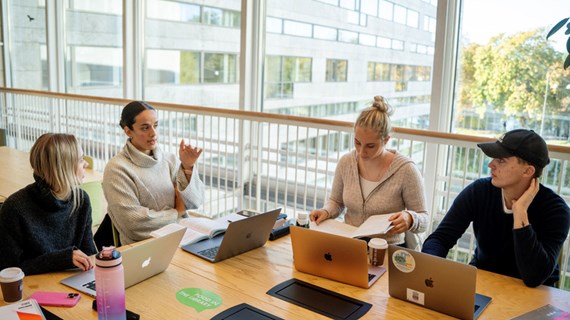
Doctoral courses
In addition to the actual doctoral thesis, the doctoral study programme also includes one component course. The content of this course is governed by the general syllabus for the doctoral subject area. The specific courses that should be included in the study programme will be decided upon in consultation with the supervisors.
Meet Palwasha Momand, Doctoral student
Meet Palwasha Momand, Doctoral student
'The fellowship among doctoral students is fantastic in Malmö. The university does a lot for us. We get to know each other and can network.' Palwasha Momand, Doctoral student.
Doctoral Schools
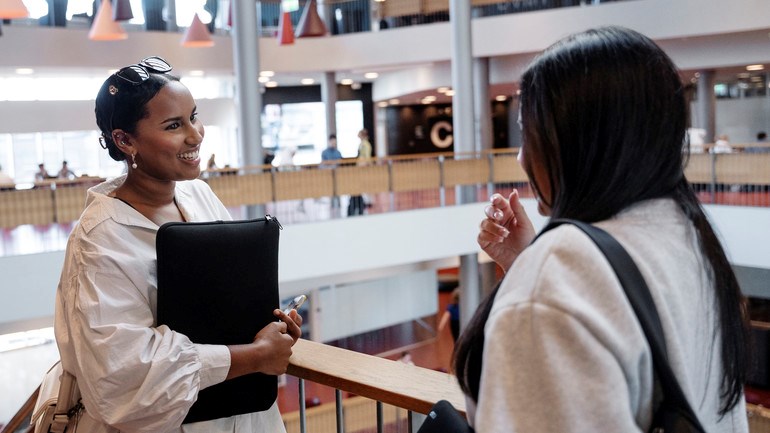
Doctoral schools bring together doctoral students with a common focus. That focus might be a postgraduate education subject or theme. The students conduct joint activities in the form of courses, workshops, and seminars. It is often the case that such schools are run in collaboration with other universities and financed with the help of external funding.
Visiting and exchange doctoral students
Malmö University welcomes exchange doctoral students who come to us in order to conduct part of their research in the framework of their doctoral education.
Different doctoral courses may have different application procedures. Read what applies to the course you are applying for.
Visit Malmö University
Visit Malmö University
Visit Malmö University
For visitors, how to plan your visit, about our faculties and research, accommodation, getting around in Malmö and connecting with others.
Contact for visiting doctoral students
Information for doctoral students admitted at Malmö University
You can find more information in your Faculty's study handbook, information about your individual study plan ISP, dissertations, doctoral support and upcoming workshops – on our Staff website.
The Staff website (login required)
As a doctoral student, researcher or guest researcher, you can rent housing through Malmö University.
Apartments for doctoral students, researchers, and guest researchers
